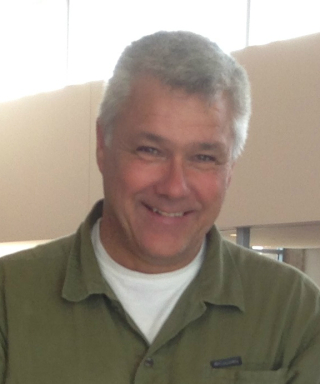Overview
In February 2015, TISED and SEAM (Sustainability in Engineering at McGill)* co-hosted a seminar presented by Dr. Stefan Grimberg (Clarkson University) on "An Aeroponic Greenhouse and Anaerobic Digester: Linking sustainability with research and education on Clarkson University’s campus".
Abstract
An integrated food digester/greenhouse system was built on the Clarkson University campus (Potsdam, NY) three years ago. Since then, the system has been used for undergraduate and graduate research on the individual systems and, more recently, to develop a cyber-learning tool enabling the integration of campus sustainability projects into a wide variety of classes.
During this seminar, Dr. Stefan Grimberg will describe the food digester/greenhouse system components and also give a range of examples showing us how the cyber-learning tool was used in core science (e.g. mathematics) and engineering courses (e.g. capstone course, introduction to renewable energy course).
So far, initial assessment indicates that this cyber-learning tool has improved students’ sustainability literacy and that by including the projects in their courses, students were more stimulated and their STEM self-efficacy skills improved (e.g. gained enhanced skillsets for data retrieval).
More on the Clarkson University Aeroponic Greenhouse and Anaerobic Digester
Single and two-phase operations were compared at mesophilic operating conditions using a digester system consisting of three 5-m3 reactors treating food waste generated daily within the university campus kitchens. It has been treating between 50 – 150 kg pre-consumer food waste per day for the past two years. When normalizing the methane production to the daily feedstock characteristics, significantly greater methane was produced during two-phase mesophilic digestion compared to the single-stage operation. The fermentation (first stage) reactor could be maintained reliably even under very low loading rates indicating that this process is very well suited to treating high strength waste at very variable loading rates, encountered at university campuses.
About the Speaker

Presentation Slides
![]() grimberg_-_an_aeroponic_greenhouse_and_anaerobic_digester.pdf
grimberg_-_an_aeroponic_greenhouse_and_anaerobic_digester.pdf
Video
Watch Dr. Grimberg give his seminar in the video below (works best on Google Chrome or Mozilla Firefox):
Event Poster

*SEAM is a McGill student group that fosters a culture of sustainability by effectively delivering information and supplying resources for the engineering community.